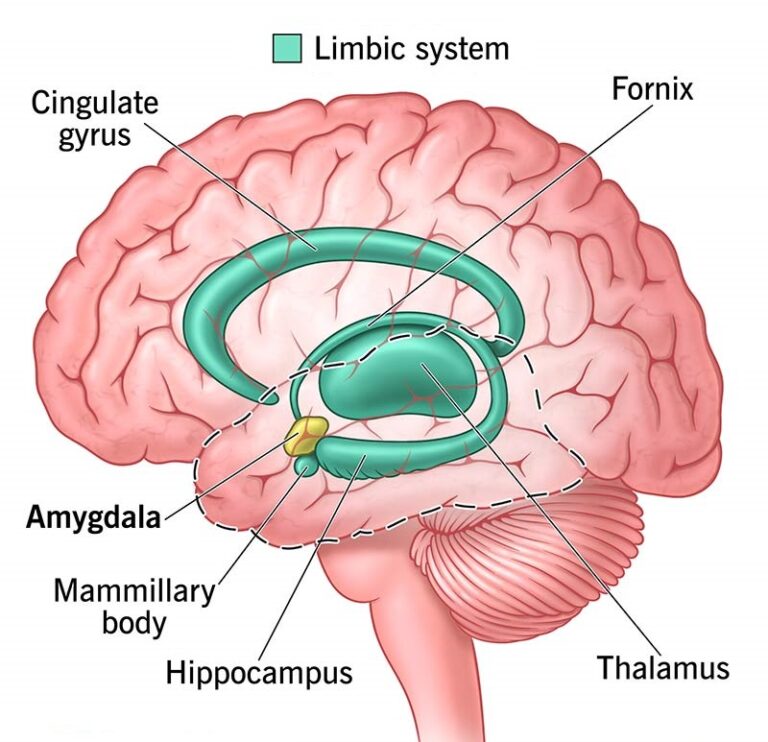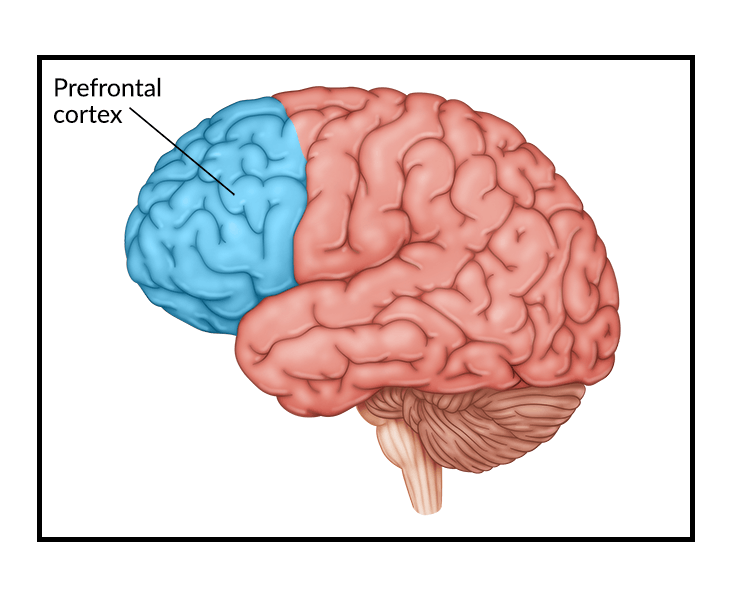
Academic Psychology in India: Pre-Independence Era
The history of academic psychology in India during the pre-independence era is a fascinating narrative of cultural assimilation, intellectual exploration, and the gradual establishment of psychology as a formal academic discipline. It was shaped by both indigenous philosophical thought and the influence of Western psychology brought by colonial education systems. Below is a detailed exploration of the development of academic psychology in India during this period.
1. Indigenous Roots of Psychological Thought
Before the formal introduction of psychology as a discipline, India had a rich tradition of psychological inquiry embedded in its philosophical and spiritual systems, such as:
- Vedanta and Upanishads:
- Explored the nature of consciousness (Chit), the self (Atman), and the mind (Manas).
- Concepts like the three gunas (Sattva, Rajas, Tamas) provided an early understanding of personality traits.
- Sankhya Philosophy:
- Analyzed the duality of consciousness (Purusha) and matter (Prakriti).
- Provided early ideas about mental faculties and the distinction between the observer and the observed.
- Buddhist Psychology:
- Focused on cognitive processes, emotions, and suffering.
- Concepts like mindfulness (Sati) and the Eightfold Path highlighted psychological well-being.
- Ayurveda:
- Addressed mental health as a balance of bodily and mental doshas (Vata, Pitta, Kapha).
- Defined mental disorders and suggested therapeutic interventions.
These indigenous systems laid the groundwork for understanding human behavior and mental processes, offering profound insights into cognition, emotion, and well-being.
2. Colonial Education and the Introduction of Western Psychology
The British colonial administration played a pivotal role in the formal introduction of psychology to India. However, this was part of a larger project to impose Western education, often at the expense of indigenous knowledge systems.
A. Establishment of Modern Universities
- The first three universities in India were established in Calcutta, Bombay, and Madras in 1857. These institutions introduced Western scientific disciplines, including psychology.
- Psychology, however, initially remained a part of philosophy departments and was taught as “Mental Philosophy.”
B. Key Developments in Early Psychology
- Alexander Bain and James Sully:
- British thinkers like Bain and Sully influenced the teaching of psychology in Indian universities.
- Their works on associationism and experimental psychology formed the foundation of academic syllabi.
- First Psychology Laboratory:
- The first experimental psychology laboratory in India was established in 1915 at Calcutta University by Dr. N.N. Sengupta.
- This lab marked a significant shift from theoretical to experimental approaches in psychology.
C. Early Textbooks and Curriculum
- The curriculum during this era relied heavily on British and American texts, such as those by William James, Wilhelm Wundt, and Edward Titchener.
- Topics included perception, memory, sensation, and association, with little emphasis on the cultural relevance of psychological principles.
3. Contributions of Indian Psychologists
A. N.N. Sengupta
- Known as the father of experimental psychology in India, Sengupta established systematic studies of sensory processes, reaction time, and other experimental topics.
B. Girindra Sekhar Bose
- A contemporary of Freud, Bose founded the Indian Psychoanalytic Society in 1922.
- Bose emphasized adapting psychoanalysis to Indian cultural contexts, offering critical perspectives on Freud’s theories.
C. Radhakamal Mukerjee
- Mukerjee integrated psychology with sociology and philosophy, promoting the idea that psychology must consider cultural and social contexts.
D. Jadunath Sinha
- Authored works such as Indian Psychology: Cognition, Emotion, and Will, which blended Western psychological methods with Indian philosophical insights.
4. Themes in Pre-Independence Psychology
A. Cultural and Indigenous Identity
While Western models of psychology dominated, Indian scholars like Bose and Sinha emphasized the need to adapt theories to the Indian socio-cultural context.
B. The Role of Introspection
Unlike the experimental approach popular in the West, Indian psychology often incorporated introspection, inspired by Indian philosophical traditions.
C. Theoretical vs. Practical Applications
During the pre-independence era, psychology remained largely theoretical and academic, with limited practical applications in clinical or industrial settings.
5. Challenges and Limitations
- Dependence on Western Frameworks:
- The curriculum and research methodologies were heavily reliant on Western psychology, limiting the integration of indigenous perspectives.
- Lack of Infrastructure:
- There were few laboratories and trained professionals to advance experimental psychology.
- Cultural Disconnect:
- Western theories often ignored the socio-cultural and religious dimensions of Indian life, leading to limited applicability.
- Colonial Constraints:
- Academic psychology was shaped by colonial priorities, which often sought to control rather than liberate the human psyche.
6. Legacy and Relevance
Despite these challenges, the pre-independence period laid the foundation for psychology as a discipline in India. Key contributions from Indian psychologists and the establishment of laboratories and institutions marked the beginning of an intellectual movement that would grow in the post-independence era.
The integration of indigenous psychological traditions with Western methodologies remains an ongoing endeavor. Today, Indian psychology seeks to balance its rich philosophical heritage with the empirical rigor of modern psychological science.
Table 1: Timeline of Key Developments in Pre-Independence Psychology
| Year | Event | Significance |
|---|---|---|
| 1857 | Establishment of Calcutta University | Beginning of Western education in psychology. |
| 1915 | First psychology lab at Calcutta University | Introduction of experimental psychology in India. |
| 1922 | Indian Psychoanalytic Society founded | Indigenous adaptation of psychoanalysis. |
Conclusion
The pre-independence era of academic psychology in India was a period of intellectual transition, blending Western scientific approaches with indigenous psychological thought. While constrained by colonial frameworks, this period saw the emergence of pioneering Indian psychologists and foundational research that shaped the trajectory of psychology in independent India. Understanding this historical context is vital for appreciating the development of psychology as an academic and applied discipline in India.
References
- Bose, G. S. (1922). The Cultural and Religious Basis of Indian Psychoanalysis. Indian Psychoanalytic Society.
- Sinha, J. (1934). Indian Psychology: Cognition, Emotion, and Will. Oxford University Press.
- Sengupta, N. N. (1915). The Beginnings of Experimental Psychology in India. Calcutta University.
- Rao, K. R. (2008). Psychology in the Indian Tradition. Psychology and Developing Societies, 20(2), 161–178.
- Mukerjee, R. (1944). The Social Context of Indian Psychology. University of Lucknow.







